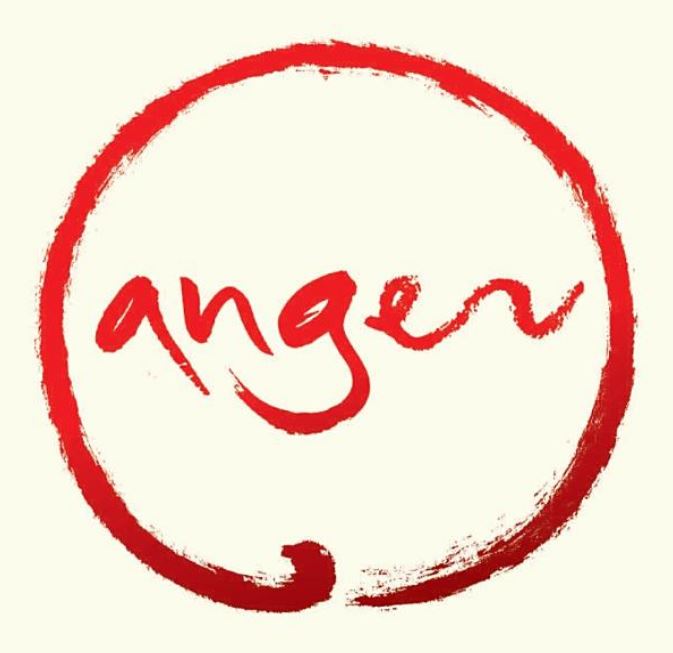When someone says or does something that makes us angry, we suffer. We tend to say or do something back to make the other suffer, with the hope that we will suffer less. We think, "I want to punish you, I want to make you suffer because you have made me suffer. And when I see you suffer a lot, I will feel better."
Many of us are inclined to believe in such a childish practice. The fact is that when you make the other suffer, he will try to find relief by making you suffer more. The result is an escalation of suffering on both sides. Both of you need compassion and help. Neither of you needs punishment.
This is good advice. We can all relate to the feeling of wanting someone else to suffer. But it never ends well. Giving in to anger creates a cycle of violence, igniting a fire that consumes the attacker, if not the victim.
Thich Nhat Hanh goes on to compare anger to a house that is on fire:
If your house is on fire, the most urgent thing to do is to go back and try to put out the fire, not to run after the person you believe to be the arsonist. If you run after the person you suspect has burned your house, your house will burn down while you are chasing him or her. That is not wise. You must go back and put out the fire. so when you are angry, if you continue to interact with or argue with the other person, if you try to punish her, you are acting exactly like someone who runs after the arsonist while everything goes up in flames.
Globally and domestically, there is a great deal of unrest surrounding political leaders. Sometimes displeasure with an elected official turns into anger. This may feel justified at times, but what we experience as justified anger is often just self-righteousness. We want to be in a position of moral superiority because it feels good when we believe that we are better than others because we are aligned with what is "right." But this does nothing to quench flames. In fact, it may turn us into arsonists!
If there is injustice, if there is bad policy, ask yourself, "What can I do about this with my actions?" There is usually a way that you can make a difference without destroying yourself or someone else. Thich Nhat Hanh was born in Vietnam in 1926 and experienced the Vietnam war firsthand. In 1961, he came to the US to teach comparative religion and befriended Martin Luther King Jr., who would later nominate him for the Nobel Peace Prize. Like King, Hanh was an advocate for nonviolent resistance, and tried to bring an end to the Vietnam war. For this, he was exiled by both North and South Vietnam and he was unable to return to his home for 39 years. His peaceful protests, his writing and speaking engagements, and his marches with King and others like him have made an impact that spans generations.
When you feel anger, even if it is self-righteousness or the desire to feel superior to someone else, try to cool the flames. Breathe in consciously and notice the air that is nourishing your body. Breathe out consciously and notice the transaction of oxygen and carbon dioxide. The Kingdom of God is here in this moment, already but not yet. Your anger would have you destroy someone. But in this peaceful moment, there is space to create. In anger, we drive people away from ourselves, from each other, from ideas and institutions. When we create from the peaceful center of our being it draws people in, centers them, romances them from their anger and from the destructive ideas that they may have been clinging to.
Do not let the sun go down on your anger, do not let the fire burn down your house. Here in this moment you have access to a refreshing pool of water. Breathe in and out. Create something new.

 RSS Feed
RSS Feed
